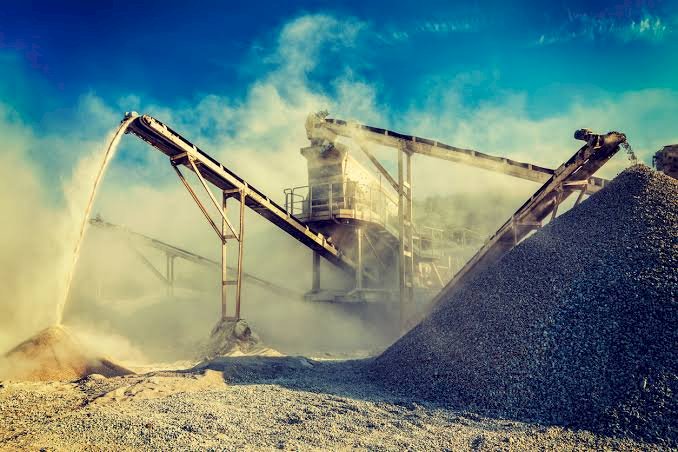Lithium Deposit Found in Reasi: A Blessing or a Curse?

The recent discovery of a massive lithium deposit in Reasi, Jammu and Kashmir, has raised hopes for India to become a major player in the global lithium market. Lithium is a key component in the production of batteries for electric vehicles and mobile phones. The deposit, estimated to be around 5.9 billion tonnes, could potentially be worth billions of dollars.
While the discovery of the lithium deposit in Reasi is being hailed as a breakthrough moment for India, it has also raised concerns about its impact on the environment and human health. The extraction of lithium from the deposit is a highly energy-intensive process that involves the use of toxic chemicals and large amounts of water. The mining of lithium can have significant environmental consequences, including deforestation, soil erosion, and water pollution.
Moreover, the health risks associated with the mining of lithium are also a cause for concern. The exposure to toxic chemicals used in the extraction process can lead to respiratory problems, skin irritation, and other health issues. The mining of lithium can also have an adverse impact on the health of nearby communities.
The mining of lithium has already caused environmental and health concerns in other parts of the world. In Chile, the world's largest lithium producer, the mining of lithium has led to water scarcity and soil degradation. In Argentina, the mining of lithium has led to protests by local communities who are concerned about the impact on their health and environment.
India is already grappling with environmental and health issues caused by industrialization and urbanization. The mining of lithium in Reasi could exacerbate these problems, unless proper measures are taken to minimize its impact on the environment and human health.
In light of these concerns, it is imperative that the government takes a cautious and measured approach to the mining of lithium in Reasi. The government should ensure that the extraction of lithium is carried out in an environmentally sustainable and socially responsible manner. The government should also ensure that the profits from the mining of lithium are shared equitably with the local communities.
It is also important that the government invests in research and development of alternative technologies that can reduce the environmental impact of lithium extraction. For instance, there is ongoing research on the use of solar-powered evaporation ponds to extract lithium, which could reduce the use of toxic chemicals and water in the extraction process









